My favourite part about going to a different country is delighting in the unfamiliar sounds of a new language — and then trying them on my own tongue. Mozambique has many different dialects, but being a recently decolonized country, Portuguese is the most commonly spoken language in the capital of Maputo where I spent the greater part of my visit. My impression of the culture here is very much a fusion of European and native Mozambican, as many Portuguese people still make their home there even after the country’s independence in 1975. Though I’ve never visited Portugal, I compared notes with a friend who had and found many similarities in the cuisine in particular: lots of seafood, salad, fruity puddings and juices, wines, and many, many little cafes with a variety of to-die-for coffees on the menu.
My aunt, who has lived there for about 14 years, describes it as a “Latin” culture — people from all walks of life like to dress up, dance and be social in the evening rather than stay home. Even the music on the radio in the morning in rhythmic and makes you get in the mood on the way to work or school. Also, since it’s customary to kiss the cheeks of someone when being introduced, I think I will save a lot of people the embarrassment — the nature of which I will leave up to your imaginations — if I share with any future visitors: start with the right cheek. Every time.
The following are several Portuguese words and phrases that I found myself using a lot in Mozambique. Knowing them might make your travels in Mozambique, or any Portuguese-speaking country, smoother and easier. The biggest challenge I found to learning Portuguese is that the spelling of the words is often very different from the pronunciation. For example, ‘bem‘, meaning ‘good’, is pronounced ‘bay(n)’, with a nasal sound at the end. Once you’re there and hearing the local speech, the nasalizations will grow on you and even become intuitive.
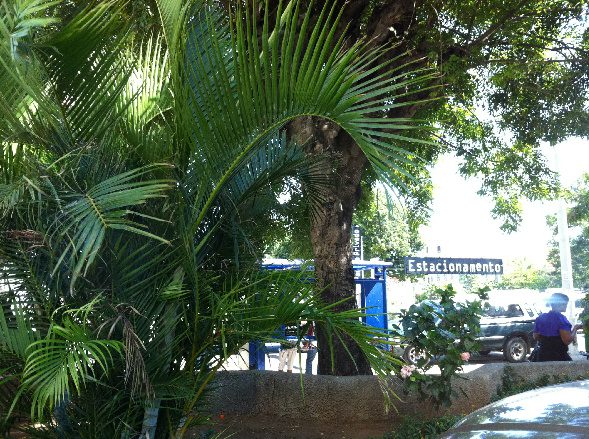
Here are some phrases that it really helped to know in Mozambique.
Greetings and Goodbyes
Bom dia — Good morning
Boa tarde — Good afternoon
Boa noite — Good evening
Ola — Hello
Como estas — How are you?
Tudo bem? — Is everything good? (more casual)
Como vai — How’s it going? (to which you can respond, tudo bem, if everything is good) – also more casual
Até amanhã — Until tomorrow, see you tomorrow
Tchau — Goodbye
Asking for things
eu care — I would like… um cafe com leite (a coffee with milk), or o menu (the menu), for example
a’cabou? — Is that all? or Is it/Are you finished?
quali-sensa — Excuse me…
por favor — Please
Obrigada/Obrigado — Thank you (say obrigada if you’re female, obrigado if you’re male)
Miscellaneous
hoje – today (silent H, pronounced auj)
primera – first
segunda – second
depois — then, followed by
amanhã – tomorrow
outro dia – another day
d’escupa — apologies, or sorry
falar — to speak
muito — much, a lot
And finally: d’escupa, eu nao falar muito Portugais — sorry, I don’t speak very much Portugese. This last one was particularly helpful.
That’s my Portuguese cheat sheet. These phrases got me through a surprising number of situations with many accommodating Portuguese speakers, and hopefully will do the same for you.
Happy travels!
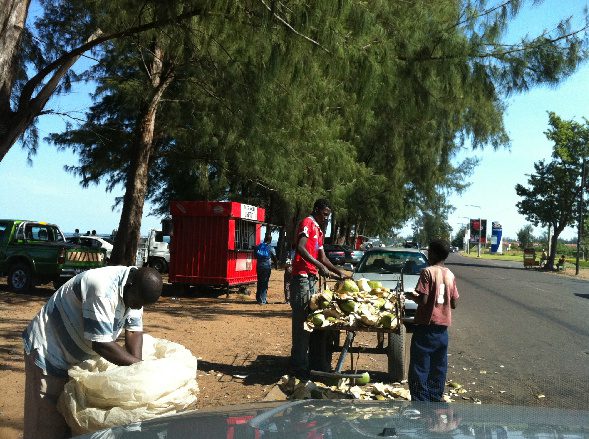
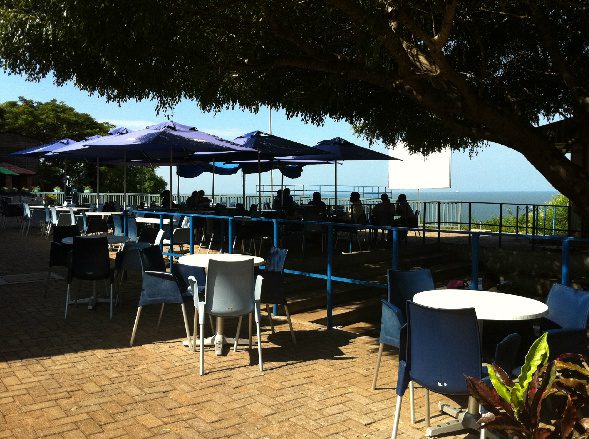
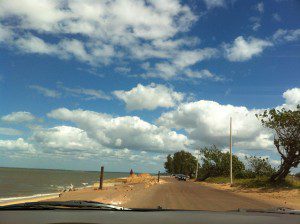

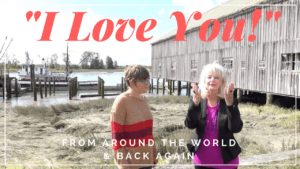
Portuguese is a great language… Congrats…
Also love the pics…
I love these small “parlors”, I think it’s fun just to say the words out loud at home. Even though I’m not planning a trip to Portugal any time soon, it’s fun to practice 😉
Learn a new language is also a good thing.Through which you will also come to know about their culture as well.
I am in south africa would love to learn Portuguese, which website or email to use